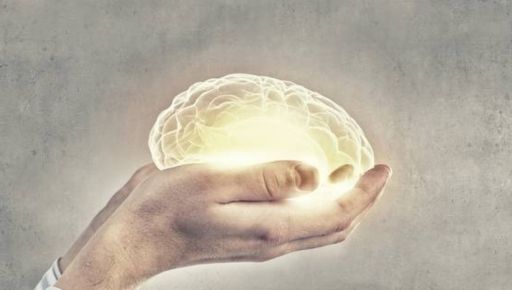Significance Of Psychologists’ Research In Understanding Human Memory

Understanding human memory is crucial for improving mental health. Psychologists’ research in this field helps us grasp how memory works and influences our daily lives. anxiety brooklyn, as a search term, hints at the overlap between memory and emotional experiences. Memory research sheds light on how stress and emotions can affect our recall and cognitive function. This knowledge aids in developing strategies to enhance memory and manage anxiety effectively.
The Basics of Human Memory
Human memory involves encoding, storing, and retrieving information. Psychologists focus on these processes to understand how memories form and fade. Memory research identifies three main types:
- Sensory Memory: Captures fleeting impressions from our environment.
- Short-Term Memory: Holds information for a brief period.
- Long-Term Memory: Stores vast amounts of information over time.
Each type serves a unique function in our cognitive processes. Understanding these functions helps develop ways to strengthen memory.
Psychologists’ Role in Memory Research
Through various studies, psychologists shed light on how memory functions and how it can be influenced by factors like emotion, environment, and health. Research reveals that stress and anxiety can interfere with memory retention and recall. By understanding this, psychologists can create therapies and interventions that improve mental resilience.
Memory and Mental Health
Memory issues are often linked to mental health conditions. For instance, individuals with anxiety may find it difficult to access certain memories or form new ones. Similarly, depression can alter the way memories are encoded, making negative events more prominent. Recognizing these patterns, researchers develop tools to aid memory. These include mental exercises and coping strategies aimed at boosting cognitive function while reducing stress.
Table: Effects of Emotions on Memory
| Emotion | Impact on Memory |
| Happiness | Enhances recall of positive events |
| Fear | Sharpens focus but may hinder broad recall |
| Sadness | Increases recall of negative events |
Practical Applications
Psychologists apply memory research in various areas. In education, understanding memory can refine teaching methods to help students retain information. In therapy, memory techniques support individuals in overcoming traumatic experiences. In daily life, simple changes like improved sleep or stress management can enhance recall and cognitive clarity.
Future Directions
As technology advances, psychologists harness tools like brain imaging to explore memory further. These insights could lead to breakthroughs in treating conditions like Alzheimer’s disease. Researchers hope to develop methods that prevent memory loss and promote mental agility in aging populations.
Conclusion
Psychologists’ research into human memory offers valuable insights into our cognitive functions and mental health. By understanding the nuances of memory, we can develop strategies to enhance our mental well-being. Future research holds promise for continued advancements in this vital field.
For more information, visit the National Institutes of Health or the National Institute of Mental Health for resources and studies on memory and mental health.



